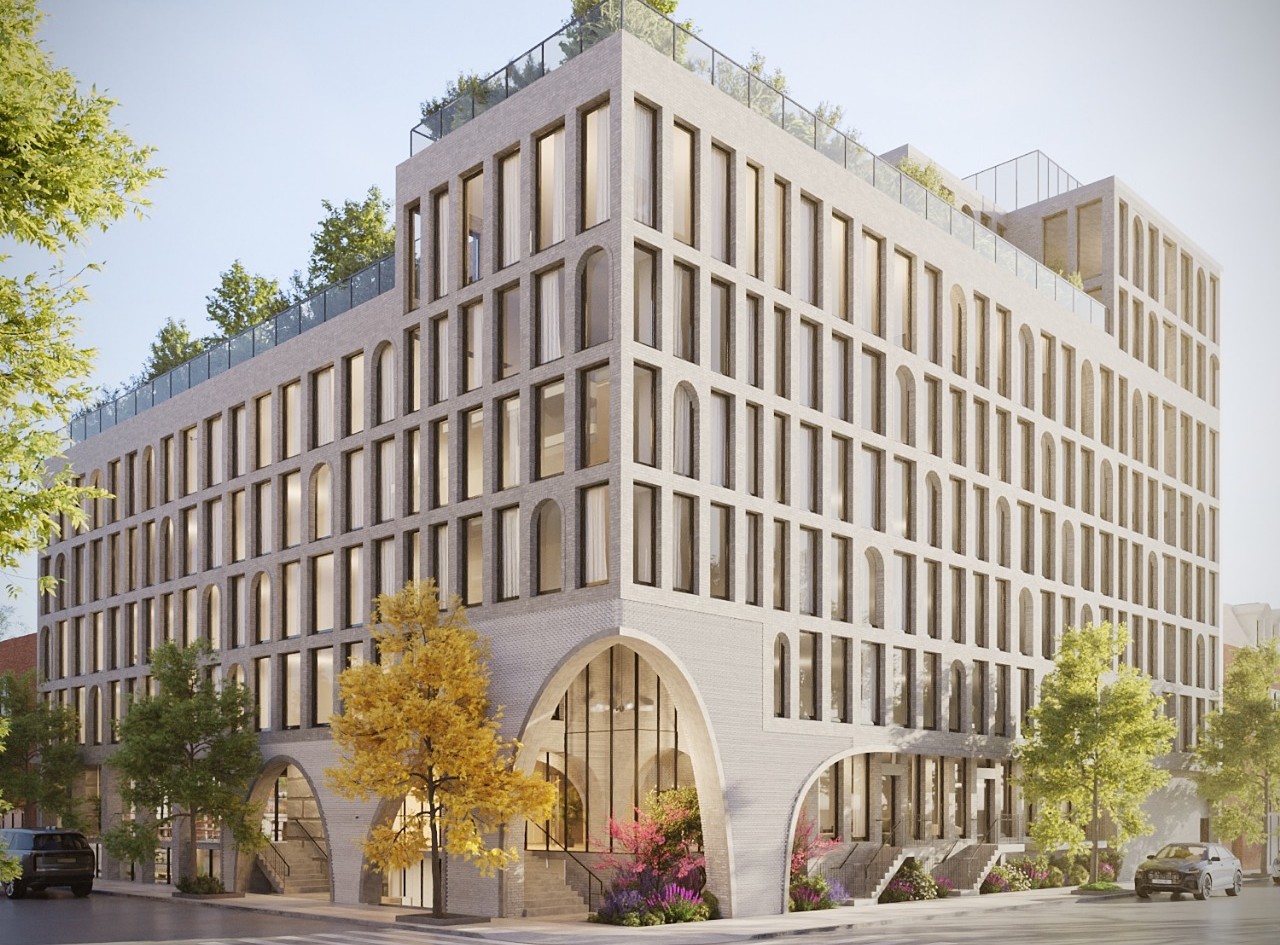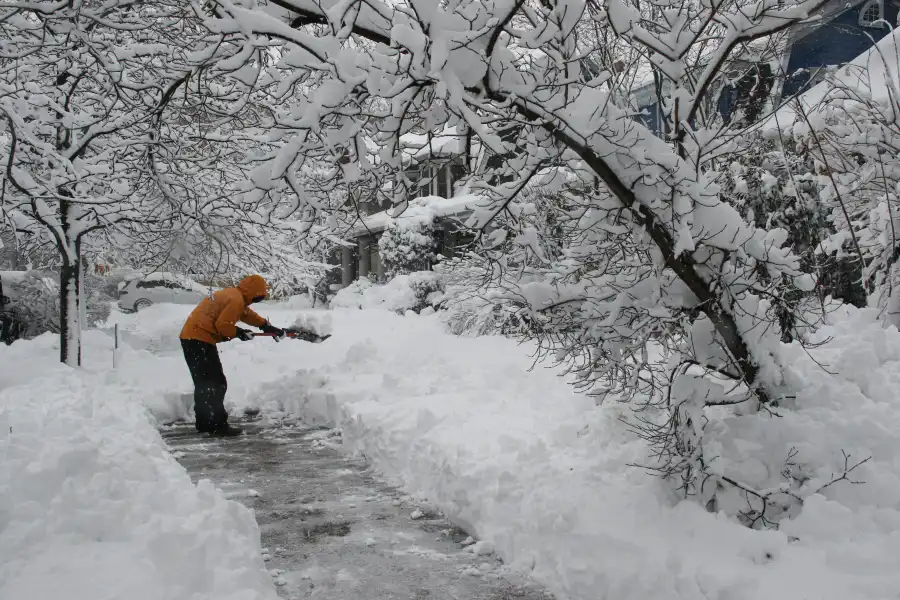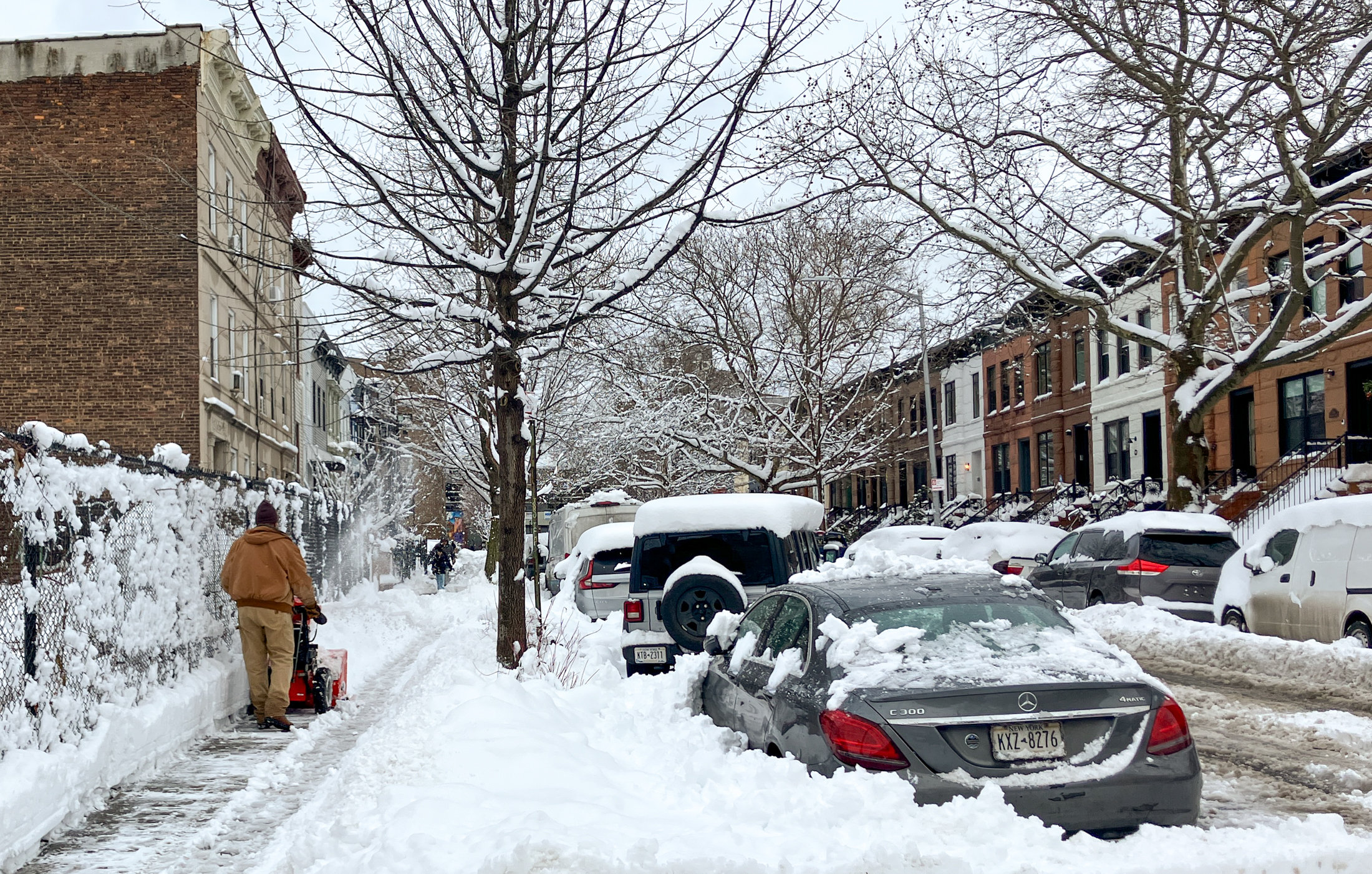Is the Creation of Affordable Housing in Jeopardy?
There have been a number of articles published recently that examine the future of affordable housing in the city, many of which zoom in on the problems developers are having (or are expected to start having) financing projects with affordable components. To summarize: There’s less money for 80-20. The New York State Housing Finance Agency…

 There have been a number of articles published recently that examine the future of affordable housing in the city, many of which zoom in on the problems developers are having (or are expected to start having) financing projects with affordable components. To summarize:
There have been a number of articles published recently that examine the future of affordable housing in the city, many of which zoom in on the problems developers are having (or are expected to start having) financing projects with affordable components. To summarize:
There’s less money for 80-20. The New York State Housing Finance Agency says there will be only $689 million available over the next three years for new 80-20 developments (whereby 80 percent of apartments in a building are market-rate and 20 percent are affordable), according to an article in Crain’s. This means that only two or three of the 30 or so developers currently seeking tax-exempt 80-20 financing this year will get the dough they wanted. The Housing Financing Agency has determined that 80-20 doesn’t result in the most affordable housing bang for its tax-exempt bucks and is putting more financing into other programs. Regardless, the 80-20 clamp down is likely to affect projects in Manhattan more than those in Brooklyn and the other boroughs.
Low-Income Housing Tax Credits Are Vanishing. Per the Real Deal: Affordable housing financiers—called syndicators—package…tax credits and sell them to firms that get a return on their investment and a reduction in taxes. Banks that buy the low-income credits also get favorable consideration for investing in underserved communities from regulators under the federal Community Reinvestment Act. But after the subprime crisis left balance sheets uneven, many investment firms have less need to shelter profits from taxes. In response, developers of affordable housing are starting to consider building fewer units or trying to rustle up alternate sources of funding. “The government can put in more money, private capital funds could give more, or we could raise the rents some,” says Martin Dunn, the president of Brooklyn-based affordable housing developer Dunn Development.
The City is Whittling Affordable Housing Projections. Although the Bloomberg administration still believes it will reach its target of creating 92,000 new affordable units by 2013, it is also scaling back the number of affordable units it expects to see created over the next year, according to an article in the Observer. HPD predicts that construction on 7,947 affordable units will take place over the next fiscal year (which begins in July); HPD previously reduced the number of affordable housing construction starts it expected to see happen over the coming fiscal year from 11,587 to 8,568.
Tax-Exempt Housing Funds are Drying Up [Crain’s]
Financing for Affordable Housing Harder to Come By [The Real Deal]
Targets for Affordable Housing Drop, But City Says Its Plan Still On Track [Observer]
Photo by threecee.





No, property rights are not “granted” courtesy of the NY legislature. Property rights are also protected by the Constitution and federal government.
“place they do not OWN…”
“OK, one more time:
* Zach is renting.
* The landlord BOUGHT the place.
Got it?”
— Ah, now I get it. The difference is that landlords are IN ALL CAPS.
Otherwise, all we are talking about is Zach’s rights vs. his landlord’s rights, both courtesy of the NY legislature, both incorporated into the current market value of their rights, each arbitrary and giving benefits to many people who don’t deserve them and aren’t particularly needy, and each defensible only to the extent they make the city a better place to live.
2:51: In Econ 101, “value” and “price” are synonyms. Learn to read before you accuse people of bad faith.
2:43: Zach’s landlord has an excellent deal courtesy of the government and his neighbors, who together have made NYC an attractive place to live. Most likely, Zach contributed at least as much to that as Zach’s landlord has.
What’s the difference between Zach’s privileges and the landlord’s? It isn’t that the landlord “OWNS” and he doesn’t — that’s just a slogan. It isn’t that the landlord “paid” — the landlord may well have inherited, or paid 1/100th of current market value, and if the landlord bought recently, it paid a price based on the rights it was getting — which include Zach’s countervailing rights.
As for whether leases offer enough protection, the fact is that in NY, absent rent control, landlords that contribute nothing at all to the city would be allowed to tax their tenants for the privilege of living in NYC. What could be more arbitrary than that?
“The existing rent controlled stock reduces market rate supply and thus increases the value of free-market housing (coops, condos, houses, new construction rentals).”
And also increases the PRICE of market-rate housing, including rentals. You conveniently “forget” to mention this.
“But in any event, why are Zach’s landlord’s property rights any more or less arbitrary and “sometimes inherited” privileges than Zach’s property rights?”
OK, one more time:
* Zach is renting.
* The landlord BOUGHT the place.
Got it?
2:32: Possibly, if Zach’s landlord is quite old. More likely, Zach’s landlord bought the building with these property rights in place and paid a price that reflected the tenants’ rights, just as it reflected zoning restrictions, neighborhood quality, fashions, and all the other elements that affect prices.
But in any event, why are Zach’s landlord’s property rights any more or less arbitrary and “sometimes inherited” privileges than Zach’s property rights?
“Why is it worse that Zach has a low rent apartment than that someone who bought a coop or house 3 years ago has a low cost apartment?”
Because Zach did not purchase his place. He’s simply sitting on a very good deal courtesy of the city government. The property owner BOUGHT his/her property. If that owner benefits from relatively low “rents” (mortgage payment, actually), it’s their privilege. They earned it buy making the financial commitment to buy. Why on earth should a tenant have “property rights” to a place they do not OWN? The protections afforded in any rental lease, particularly in NYC, are sufficient to protect tenants from being throqwn out into the street, as long as they pay rent.
Rent control hasn’t applied to new construction (or new tenants) for 40 years. Rent stabilization slows rent increases in periods of rapid market moves, but rent stabilized rents tend to converge to market rents pretty quickly.
The existing rent controlled stock reduces market rate supply and thus increases the value of free-market housing (coops, condos, houses, new construction rentals).
Econ 101: The effect of this system on the **production** of housing is to PROMOTE it, because it creates higher prices (therefore higher profits) for builders of new housing of every sort.
The effect on the **cost** of existing housing is to make free market housing somewhat more expensive.
All homeowners have a rent regulation **premium** built into the current value of their property. Hard to say whether that is balanced by the cheaper stabilized/controlled housing.
The effect on landlord investment in existing housing stock is hard to predict. Probably, in neighborhoods where there is a large gap between regulated and “free” rents, landlords over-invest (and lie about how much they invest) in order to take advantage of the rent stabilization system’s extremely generous increases for capital improvements.